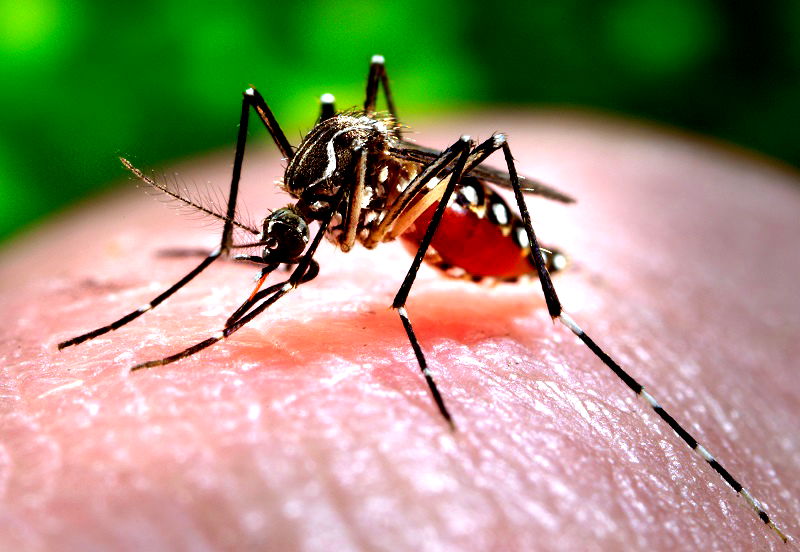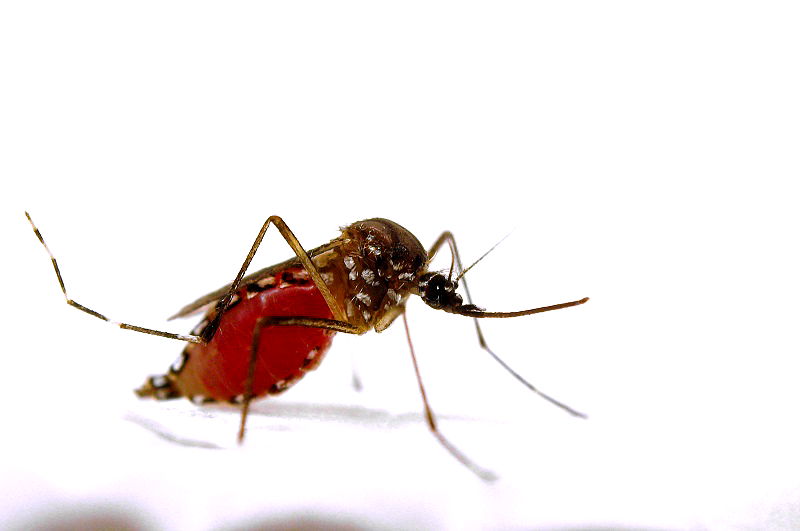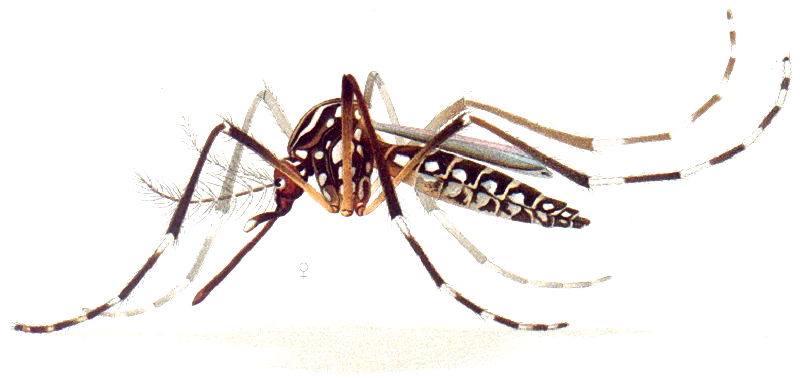French Journalist Urges People Not to Kill Mosquitoes as Deadly Dengue Outbreak Plagues South East Asia



By Bryan Ke
A French journalist and animal rights advocate is urging people not to kill mosquitoes and let them suck blood while many southeast Asian countries deal with a growing number of dengue cases.
Aymeric Caron, who describes himself as an anti-specists, recently said that people should allow mosquitoes to suck their blood to help the pests obtain proteins for their eggs and that killing them is “embarrassing for anti-specists who realize they are being attacked by a mother trying to nourish her children,” according to The Independent.
Anti-specists are a group of people who oppose discrimination against any species and argue that they should be treated equally, as explained by Mirror.
“One can consider that a blood donation from time to time to an insect who is only trying to nourish her children is not a drama,” he said.
Caron continued to note that in order to avoid being bitten, it’s best to apply natural mosquito repellents such as citronella, lavender oil or garlic, adding that washing regularly could also help and to avoid using perfumes.

If this fails, Caron suggested follow Albert Schweitzer, a philosopher and animal-protection pioneer.
“In Africa, where there is malaria, he allowed himself to kill mosquitoes. In France, where they are inoffensive, he allowed himself to be bitten,” the French journalist said.
Malaria, which is serious and sometimes fatal, is just one of the many mosquito-borne diseases. Other diseases that can cause severe illness or death to the infected person include West Nile virus, yellow fever, Zika virus, and dengue fever.
Southeast Asian Countries Face Dengue Outbreaks
Many southeast Asian countries are currently on high alert as health departments of nations within the region are warning everyone of a dengue outbreak.
The virus has reportedly infected hundreds of thousands of people and the number of deaths are rising.

The Bureau of Epidemiology at Thailand’s Department of Disease Control released data reporting that there have been 44,671 cases of dengue in the country with 62 recorded deaths as of July 9, according to Thai PBS World.
Cambodia’s data revealed 13,000 cases of people infected with the virus and 24 deaths as of June 24, reported Xinhua.
Meanwhile, Malaysia saw double the numbers of people that caught the virus compared to last year’s 32,759. The World Health Organization’s data showed 68,950 people have been infected and 102 died as of July 13.
Vietnam also saw a massive increase of dengue patients from last year’s 26,201 to 81,132 since January 1, the WHO report states.
The Philippine’s Department of Health (DOH) is likely to declare a national dengue epidemic as numbers of dengue cases grow exponentially across the country, local news network ABS-CBN reported.
Around 146,000 cases of patients with dengue have been recorded by the end of July, as per recent data. The number of people who succumbed to the virus was not revealed, but WHO states in its report that 456 deaths were recorded as of June 29.

Dengue fever, which is caused by four closely related viruses and also related to the West Nile virus and yellow fever, is transmitted by the bite of an infected Aedes mosquito. Symptoms of the disease begin four to six days after infection and can last up to 10 days, according to WebMD.
Symptoms include: Sudden onset of high fever, severe headache, pain behind the eyes, severe joint and muscle pain, fatigue, nausea, vomiting, skin rash that appears two to five days after the onset of the fever, and mild bleeding of the nose or gums, and/or easy bruising.
Featured Image Screenshot via YouTube / Le Huffington Post (Left), Wikimedia Commons / Ngari.norway (CC BY-SA 3.0) (Right)
Share this Article
Share this Article